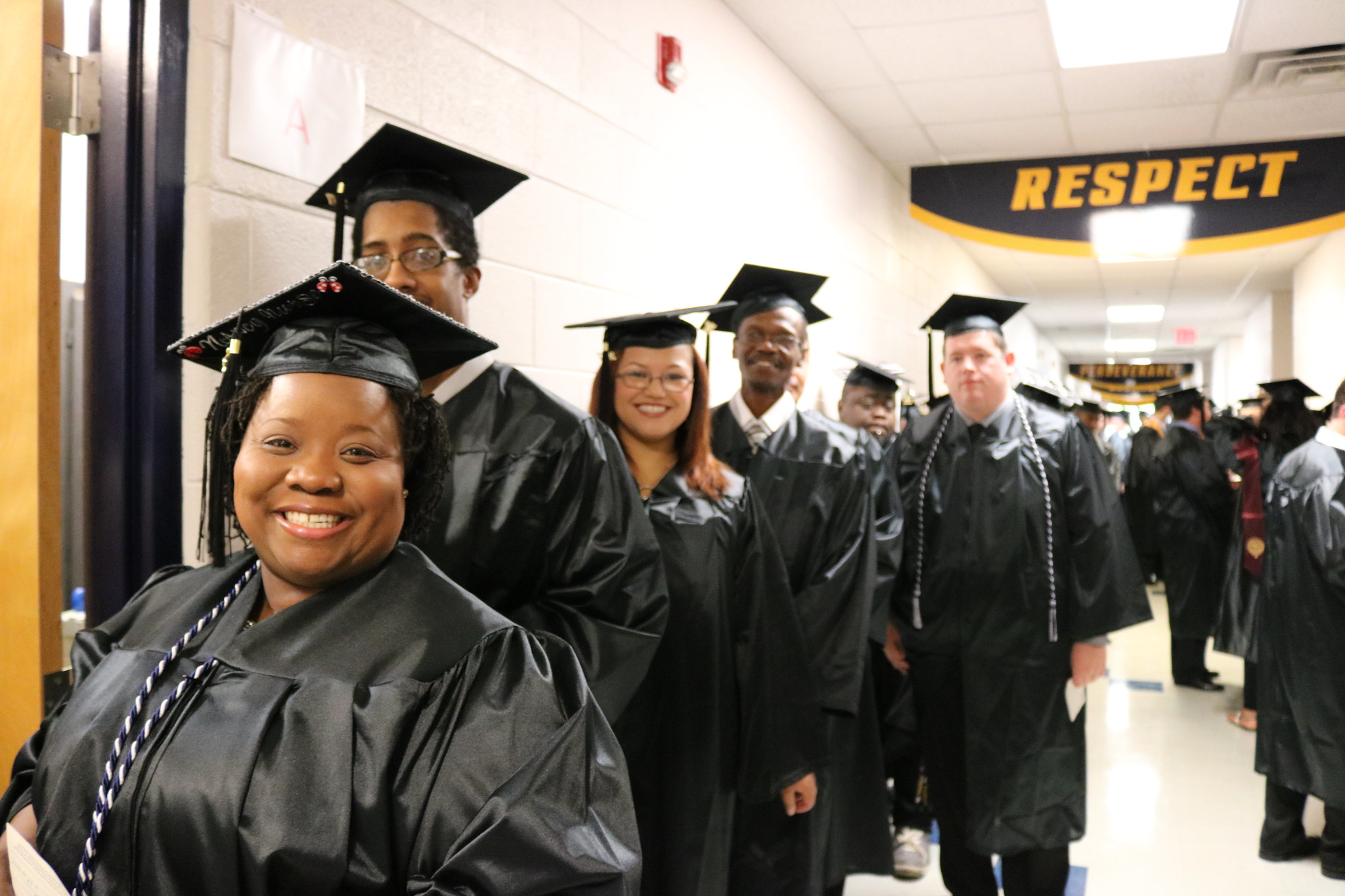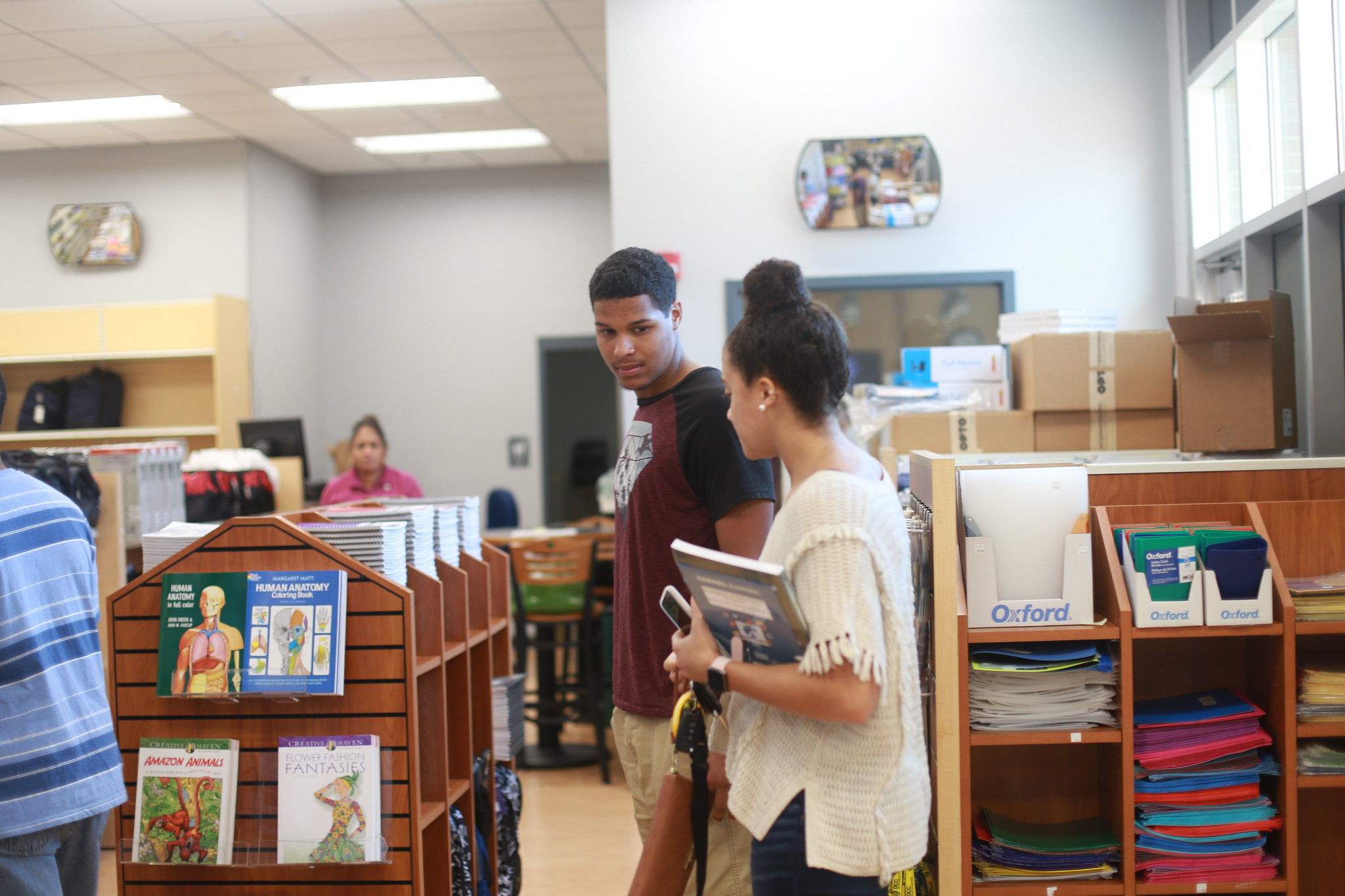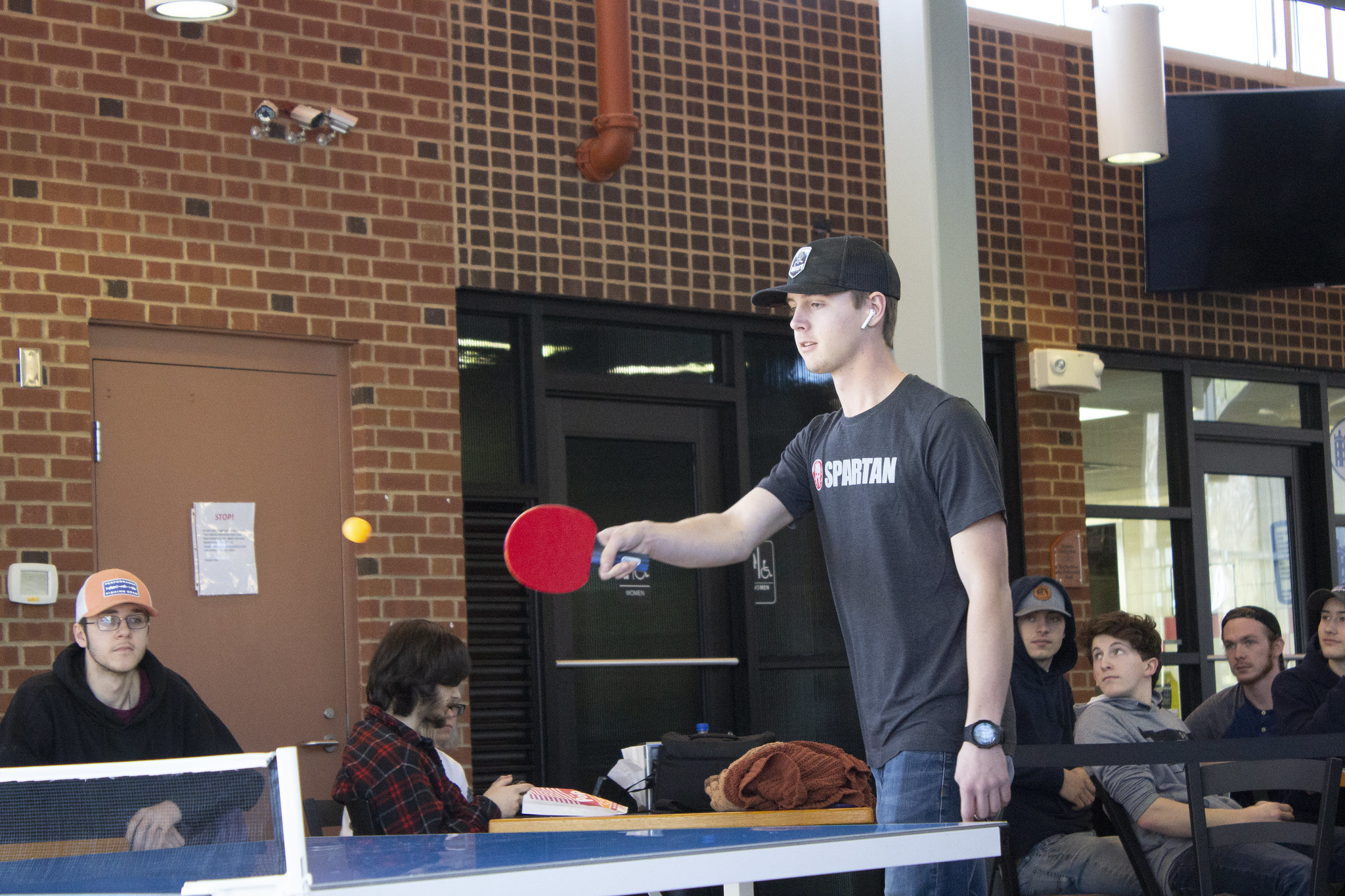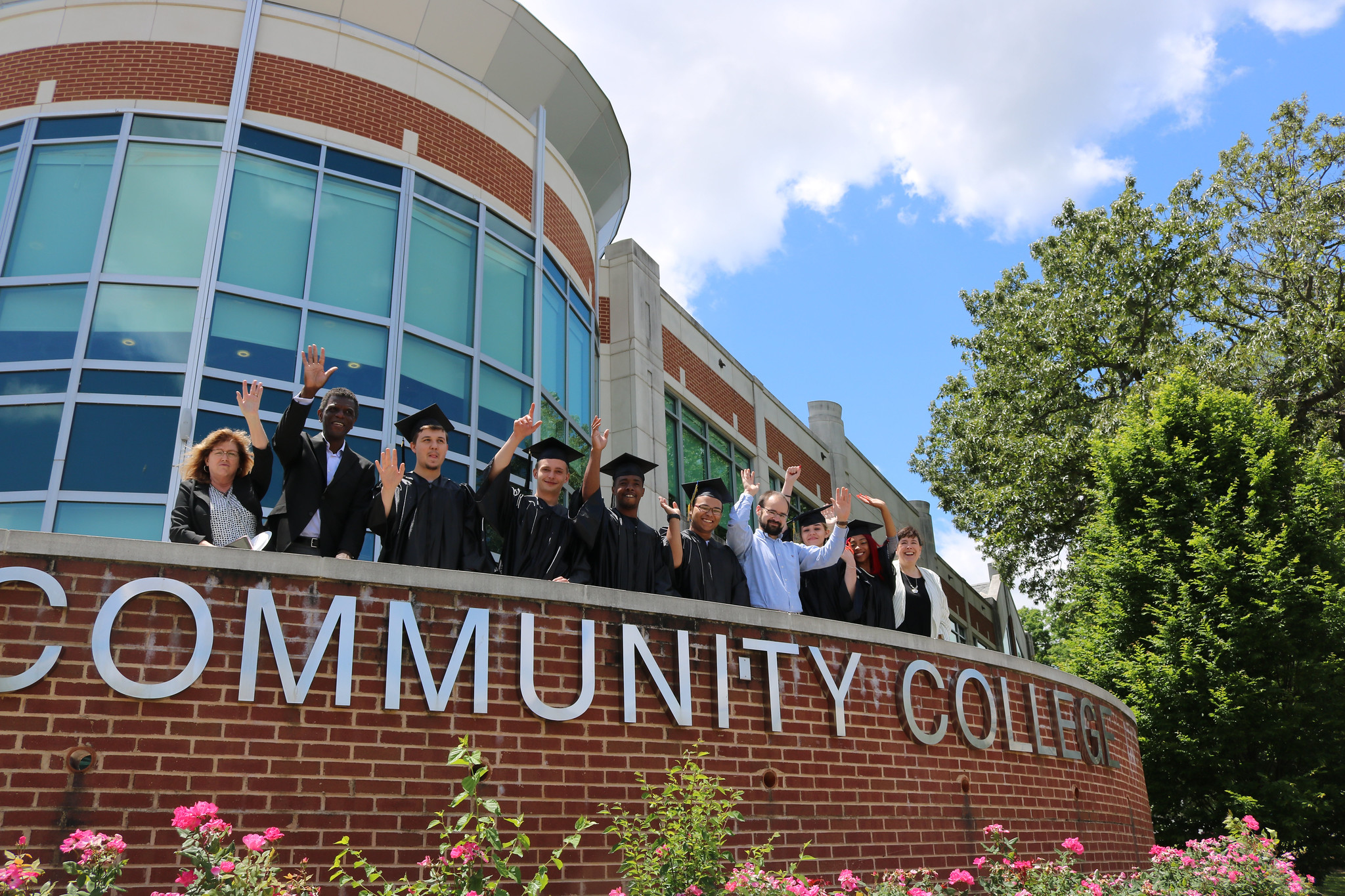By Jackie Gill Powell, Angeline Godwin, and Quentin Johnson
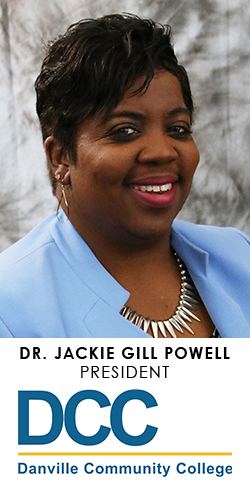 Get a Skill, Get a Job, Give Back. That is the vision of Governor Ralph Northam’s proposed G3 initiative, designed to support Virginia’s students. If approved by the state legislature in the coming weeks, the plan will open new pathways to success for low- and middle-income Virginians to gain employment in high-demand jobs.
Get a Skill, Get a Job, Give Back. That is the vision of Governor Ralph Northam’s proposed G3 initiative, designed to support Virginia’s students. If approved by the state legislature in the coming weeks, the plan will open new pathways to success for low- and middle-income Virginians to gain employment in high-demand jobs.
Under the plan, citizens of the Commonwealth will have unprecedented access to gaining the real-world skills and experience necessary to meet the current and projected demands of Virginia’s workforce. This is especially true in our colleges’ service regions, following major economic shifts from Virginia’s former reliance on industries such as tobacco, furniture, and textiles.
The Governor’s proposal is not a “free community college” program, but it does aim to significantly, if not completely, reduce out-of-pocket costs for students. The plan also includes textbook costs and other cost-of-living expenses to further support students and alleviate some of the financial barriers that prevent students from pursuing or completing their education.
Our region of Southern Virginia is witnessing an exciting moment in its history, wherein technological advancements are transforming not only our workforce, but also the way we all live our lives. Ensuring we are prepared to meet the demands of rapid economic innovation is vital to our region’s success.
Virginia’s community colleges are already committed to serving our localities and providing affordable access to academic and professional training opportunities. Governor Northam’s proposed plan will allow us to expand on that commitment and increase access to high-demand training in five key areas: Healthcare, Information Technology and Computer Science, Manufacturing and Skilled Trades, Early Childhood Education, and Public Safety.
Demand for workers in these fields is growing in Virginia. This growth means job security, a steady and sufficient income, and access to healthcare and benefits that will allow our communities to flourish and thrive.
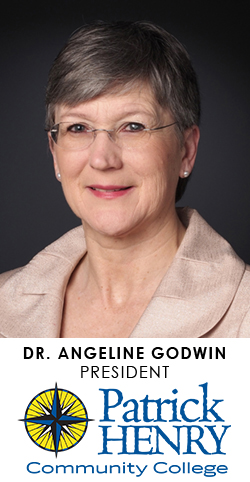 Under the G3 model, our career-oriented training programs have been updated to align with the needs of the modern student. As students progress through G3 programs, they earn industry-recognized credentials which build from entry level skills to advanced. The more credentials that students earn, the more competitive they will become for higher-level jobs. Moreover, if a student needs to work while pursuing their education, they are immediately eligible to apply for jobs in their field with the first credential they earn. This means working students could advance their career and their academics simultaneously. This model provides stackable credentials, meaning that the work students complete for one prepares them for and applies to the work they will complete to earn the next. That will allow students to earn more money as they advance in their chosen fields.
Under the G3 model, our career-oriented training programs have been updated to align with the needs of the modern student. As students progress through G3 programs, they earn industry-recognized credentials which build from entry level skills to advanced. The more credentials that students earn, the more competitive they will become for higher-level jobs. Moreover, if a student needs to work while pursuing their education, they are immediately eligible to apply for jobs in their field with the first credential they earn. This means working students could advance their career and their academics simultaneously. This model provides stackable credentials, meaning that the work students complete for one prepares them for and applies to the work they will complete to earn the next. That will allow students to earn more money as they advance in their chosen fields.
Professionals already in the workforce may enter at their specified level and continue on to earn an advanced credential without starting from the beginning of the pathway. This flexibility is critical to supporting modern students and professionals seeking advanced training.
Our community colleges have partnered with employers to transform programs put skills first and allow students to earn stackable college credentials as they move through their training. This allows a student to start and stop, while working, without losing academic progress along the way to earning an associate degree.
A current community college student, a 48-year-old mother of two studying Early Childhood Education, shared that if a program like the proposed G3 initiative had existed two semesters ago, she would not have needed to take out student loans to cover her tuition and textbooks.
One male cybersecurity graduate, a 43-year-old father and military spouse, did not buy his textbooks because they were too expensive. He often borrowed a classmate’s books to complete homework assignments. The student said, “I was able to make it work but if I could have had a program to help pay for the books, it would have been much easier to pass my classes.”
 A welding graduate, aged 31, a single mother who lived with her parents and worked full-time through most of school was awarded federal and state financial aid and also had to take out subsidized loans. By covering her tuition, G3 would have provided the resources needed to reduce her part-time work hours or lower her loan amount.
A welding graduate, aged 31, a single mother who lived with her parents and worked full-time through most of school was awarded federal and state financial aid and also had to take out subsidized loans. By covering her tuition, G3 would have provided the resources needed to reduce her part-time work hours or lower her loan amount.
We wholeheartedly believe in and support the Governor’s G3 initiative and the tremendous potential it offers to our families, friends, and neighbors throughout Southern Virginia. We encourage the General Assembly to consider the impact this program will have on the Commonwealth, and how it will position Virginia more competitively in the areas of economic and workforce development.
Jackie Gill Powell is the president of Danville Community College. She can be reached at jackie.gillpowell@danville.edu or by calling (434) 797-8400.
Angeline D. Godwin is the president of Patrick Henry Community College. She can be reached at agodwin@patrickhenry.edu or 276-656-0201.
Quentin R. Johnson is the president of Southside Virginia Community College. He can be reached at quentin.johnson@southside.edu or 434-949-1004.


